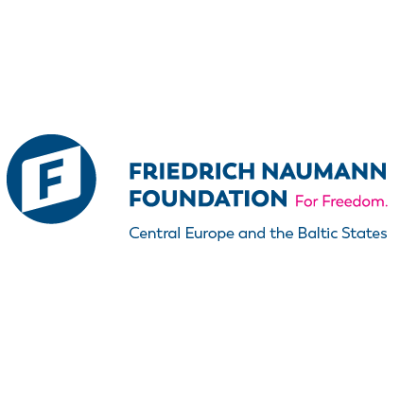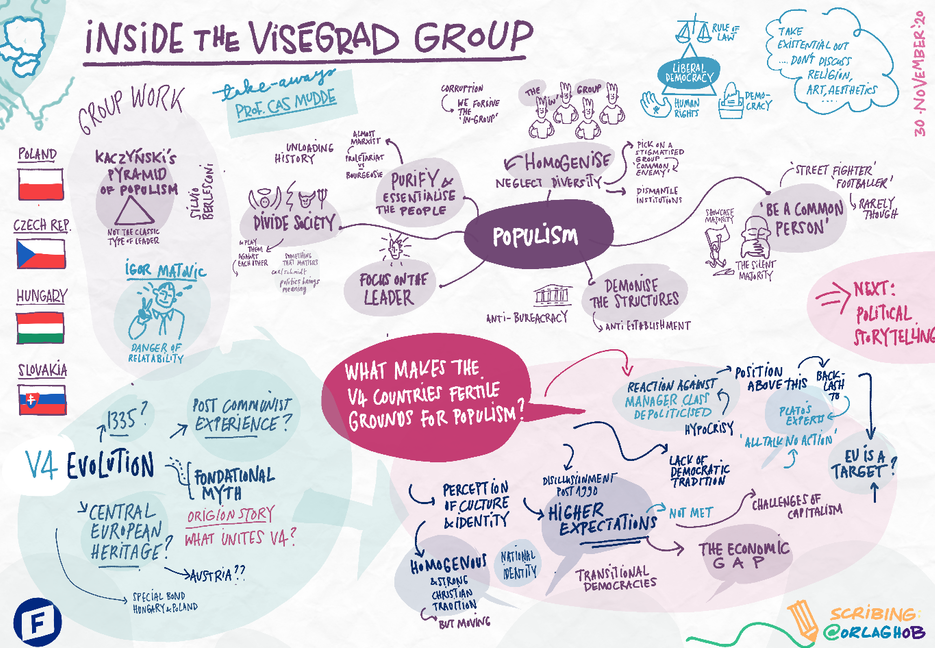
New Vision for Europe: Where Should EU Be Heading?
Both euro-optimists and euro-critics agree that the European Union is facing critical challenges these days, it is not strong enough and the bloc must implement significant changes to fulfil its original aims and secure peace and progress for its citizens.







![[EVENT] Uncertain Times: Future of Trans-Atlantic Relations, Central European and Hungarian Perspective of NGOs and Think Tanks [EVENT] Uncertain Times: Future of Trans-Atlantic Relations, Central European and Hungarian Perspective of NGOs and Think Tanks](http://4liberty.eu/phidroav/2021/09/The-Course-of-Empire-—-Desolation-by-Thomas-Cole-uncertainty-1024x635.jpeg)

